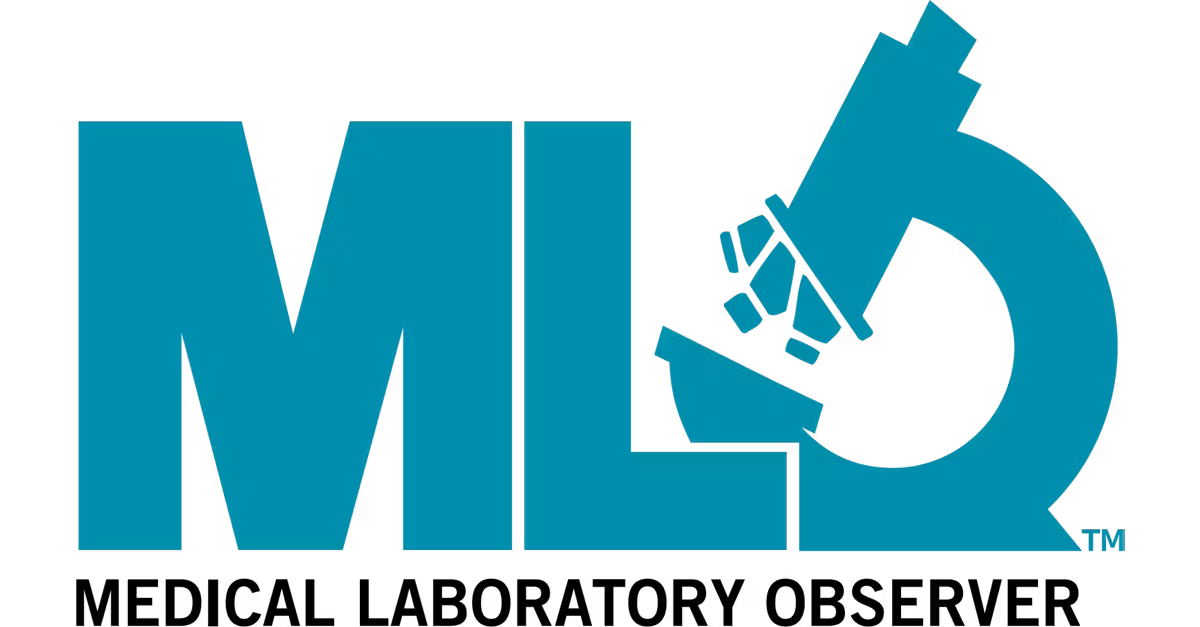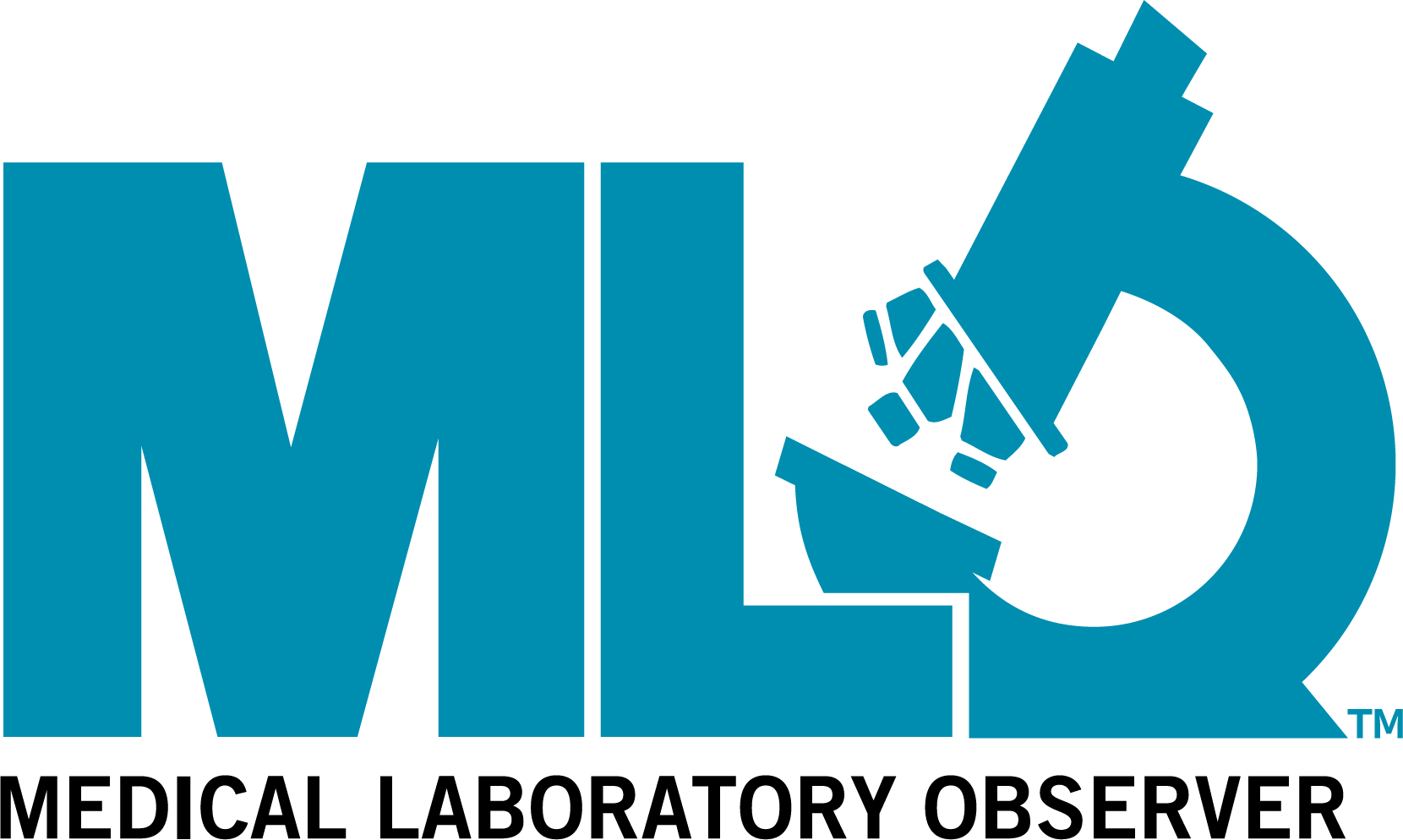November 12, 2020
Israeli blood test offers better choices to fight cancer
.png)
Original source here
The most promising cancer therapies often help some patients but not others, frustrating some cancer sufferers and their doctors.
With the clock ticking on people’s lives, physicians often do not have a definitive way to know whether a treatment will work on a particular patient. This is especially true of the newest immunotherapies, which encourage the body’s immune system to fight cancer cells — but can also carry serious risks.
One prominent American physician said doctors who apply immunotherapies are often “flying in the dark.” Finding more accurate ways to predict the success of immunotherapy treatments has been identified as a top research priority by the American Society of Clinical Oncology.
“The ability to adequately assess, and potentially predict, response and resistance to immunotherapy will lead to better outcomes for patients,” the society said.
Israel-based startup OncoHost is developing a blood test that tells doctors which cancer treatments are most likely to help specific patients.
The system, called PROphet, will identify up to 1,000 possible proteins in a patient’s blood plasma. It then uses machine learning to comb through thousands of patient blood profiles, identifying how different patterns of proteins were associated with success in various immunotherapy treatments and flagging the therapies most likely to help an individual patient. The ultimate goal is to find effective treatments for specific cancer patients more quickly.
“There is a huge unmet need for this,” said OncoHost CEO Ofer Sharon, a physician and entrepreneur with experience at global pharmaceutical companies like AstraZeneca and Merck.
The technology is based on the role of host response, or how a person’s body responds to treatment, and on the fast-growing application of artificial intelligence in medicine, Sharon said.
The company is currently focusing on melanoma skin cancer and small-cell lung cancer, but could expand to other types of cancer, and expects its technology to be on the market in late 2021.
In observational trials in the US and Israel, the system has proved about 90 percent effective in identifying which patients respond to particular treatments. In one case study, the PROphet system found that a 62-year-old lung cancer patient had a genetic marker associated with an overall strong response rate to a certain drug — but in reality only had a 1.6% chance of responding to the treatment, due to the patient’s protein makeup.
Backed by the Jerusalem-based venture funding platform OurCrowd and grants from the U.S.-Israel Binational Industrial Research and Development (BIRD) Foundation, OncoHost is part of the growing field of precision cancer therapy.
Many common cancer treatments, including chemotherapy and radiation, affect the whole body and can cause devastating side effects including nausea, hair loss and infection. So there was great hope in the past decade when the first immunotherapy treatments were approved, because such therapies, which harness the power of the immune system, can target the cancer and leave healthy cells alone, minimizing side effects.
“When these treatments began to emerge there was a feeling that we had solved cancer,” said Sharon, who worked as the Israel medical director of Merck while it developed Keytruda, one of the first immunotherapies targeting melanoma. “I was part of this initial buzz and hope that immunotherapy would be a universal treatment and a cure for cancer.”
But immunotherapy doesn’t work for all patients. It also often takes a few months to evaluate if a treatment is working.
“It’s a lot of time to waste” if the treatment won’t help, Sharon said.
It is something he knows all too well, as a physician, researcher and from personal experience. As he worked on the development of Keytruda in 2014, his father-in-law was diagnosed with a stage 4 melanoma, and wasn’t responding to available treatments.
“It became a race to treat him with what I was developing,” Sharon recalled. Time ran out, and his father-in-law passed away before he could try Keytruda. “This was a huge frustration in the family, and it got me more interested in how the body responds.”
That loss pushed him in 2017 to join OncoHost, co-founded by Yuval Shaked, a scientist at the Technion Israel Institute of Technology, whose research on the role of proteins in tumor-host relationships is the basis for the company’s technology.
Most existing systems that evaluate which immunotherapies will work for which patients are based on DNA and genetic markers. But their effectiveness is limited because the existence of a mutation in the DNA doesn’t necessarily mean that there will be an actual biological expression of the mutation.
“The DNA only shows the potential,” Sharon said. “But looking at the protein shows the reality.”
OncoHost is still building up its data set of patient protein profiles and how those patients respond to different treatments, gathering the information and tracking cancer patients in Israel, the US and Europe. So far, the system is showing about 90 percent accuracy in predicting how melanoma and lung cancer patients respond to various therapies.
“It will get more accurate as we add more data,” Sharon said.
Initially, the company plans to make this tool available to doctors, who can use it to help figure out how a patient may respond to a given treatment. Eventually, the technology could help researchers understand why resistance to treatments occurs, and develop methods to block or minimize that resistance.
“We are dealing with one of the biggest challenges in clinical oncology today — to understand why some patients are benefiting from treatments while others are not,” he said.





